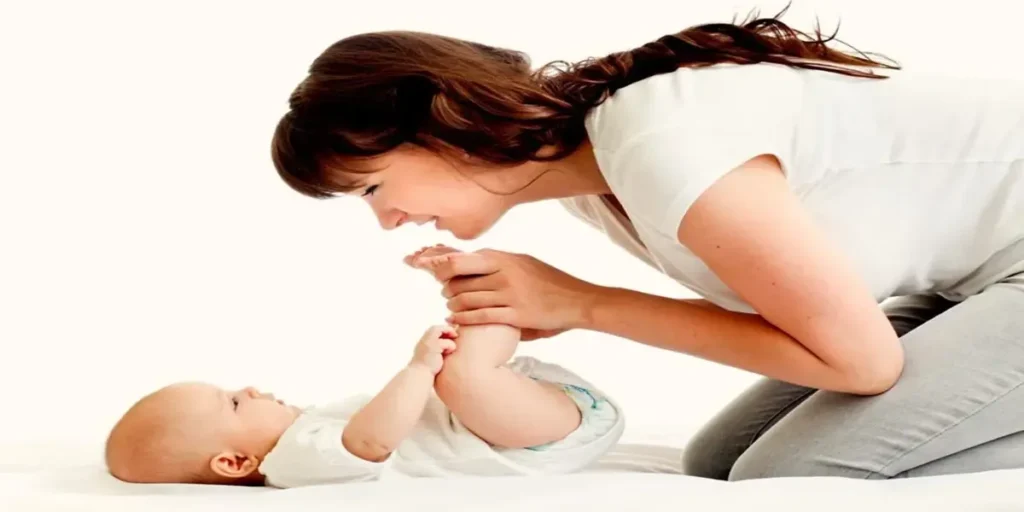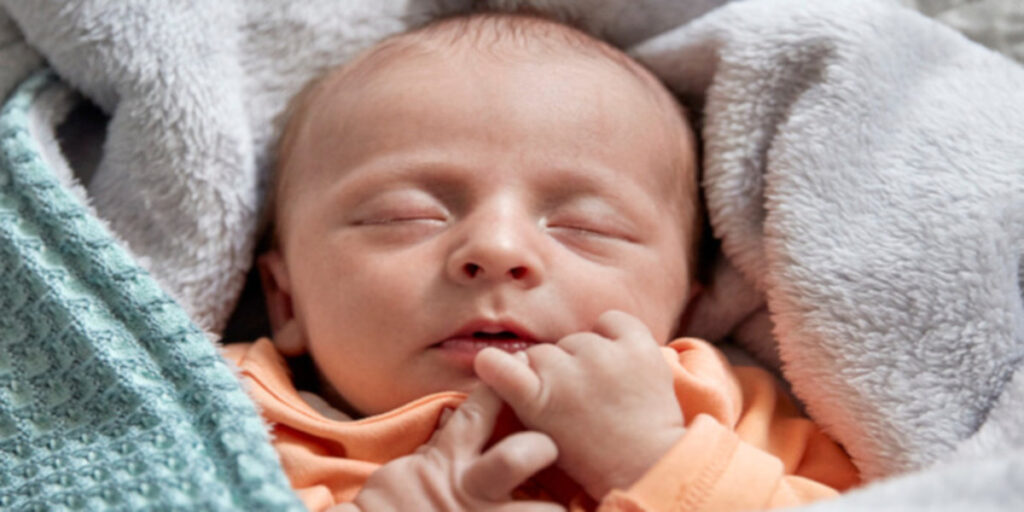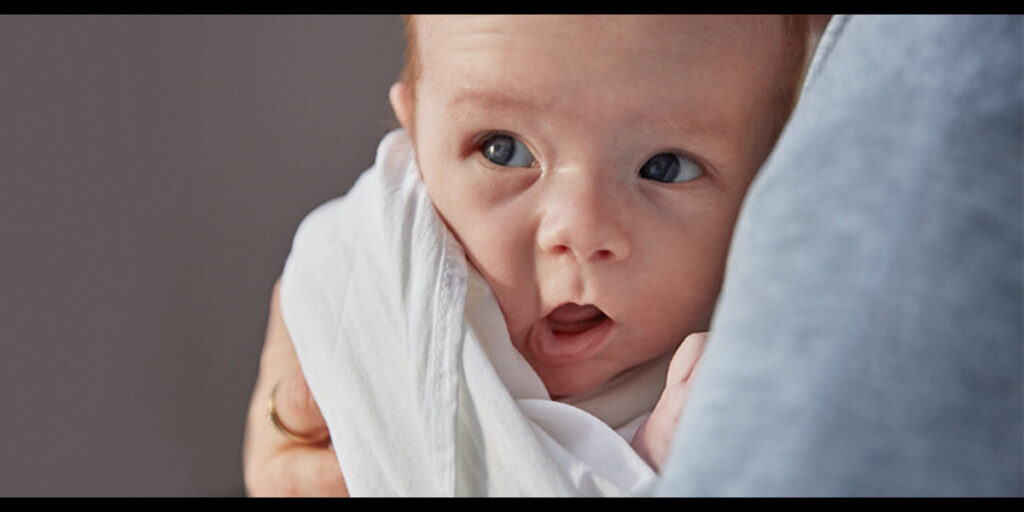First 10 Days Baby Care Basics
First 10 Days Baby Care Basics
Table of Contents

First 10 Days Baby Care Basics
Welcoming a new baby into your life is one of the most transformative experiences a parent can haveFirst 10 Days Baby Care Basics. Those initial days, especially the first 10 days, are filled with excitement, uncertainty, and a plethora of new responsibilities. At Hamara Baby, we are dedicated to providing you with comprehensive guidance on First 10 Days Baby Care Basics. This resource aims to equip you with essential knowledge, ensuring that you feel prepared to care for your newborn during this critical period.
Why the First 10 Days Matter
The first ten days after birth are pivotal for both your baby and you as a new parent. During this time, your baby is making the significant transition from the womb to the outside world, and you are learning to adapt to your new role. Proper care during these early days can foster your baby’s health and development, making this phase a key foundation for the future.First 10 Days Baby Care BasicsFirst 10 Days Baby Care Basics
The Focus Areas of Newborn Care
- Feeding Your Baby
- Diapering Essentials
- Sleep Patterns
- Bathing and Hygiene
- Health and Safety
- Bonding with Your Baby
Feeding Your Baby
First 10 Days Baby Care Basics
Breastfeeding vs. Formula Feeding
Feeding is one of the most critical responsibilities you’ll face in the first ten days. You may choose to breastfeed or use formula, both of which have their unique benefits. Understanding your options can help you make the best choice for you and your baby.First 10 Days Baby Care Basics
Breastfeeding Tips
- Start Early: Aim to initiate breastfeeding within the first hour after birth. This helps with milk production and enhances bonding.
- Frequent Feedings: Newborns typically need to feed every 2-3 hours, so be prepared for frequent sessions. Don’t be alarmed if your baby seems to want to nurse constantly—this is normal.
- Latching: Ensure that your baby is latching correctly. A proper latch is crucial for both comfort and effective feeding. If you’re unsure, consult a lactation consultant for guidance.
Formula Feeding Tips
First 10 Days Baby Care Basics
- Choose the Right Formula: If you opt for formula feeding, consult your pediatrician to select a suitable option for your baby’s needs.
- Preparation is Key: Follow the preparation guidelines carefully. Always ensure that your bottles and nipples are sterilized to avoid any risk of infection.
Recognizing Hunger Cues
Babies communicate their needs through various cues. Learn to recognize signs of hunger, such as rooting, sucking on their fists, or fussiness. Responding promptly to these cues is essential for establishing a healthy feeding routine.
Diapering Essentials
Changing Diapers
Diaper changes are a routine part of baby care, often occurring every 2-3 hours, or even more frequently if your baby is a heavy wetter. Keeping your baby clean and comfortable is paramount.
First 10 Days Baby Care Basics
Steps to Change a Diaper
- Gather Supplies: Before changing the diaper, make sure you have everything you need within arm’s reach—diapers, wipes, and barrier cream.
- Safety First: Always keep one hand on your baby to prevent falls, especially if you’re changing them on a raised surface.
- Clean Thoroughly: Use wipes to clean your baby from front to back, ensuring that you get all the necessary areas.
Diaper Rash Prevention
To prevent diaper rash, change your baby’s diaper promptly when it’s wet or soiled. Allow your baby’s skin to air out whenever possible. Applying a barrier cream can also provide extra protection.

Sleep Patterns
Understanding Newborn Sleep
Newborns sleep a lot—around 16 to 20 hours a day—but in short stretches of 2-4 hours. Their sleep patterns are quite erratic, which can be challenging for new parents.
Creating a Sleep Environment
- Safe Sleep Space: Always place your baby in a crib or bassinet that meets current safety standards. The mattress should be firm, and the crib should be free from soft bedding, toys, or bumpers.
- Room Temperature: Keep the room comfortably cool to avoid overheating. A temperature between 68-72°F is ideal.
Sleep Training
During the first ten days, don’t worry about sleep training. Instead, focus on establishing a gentle routine that encourages your baby to distinguish between day and night.
First 10 Days Baby Care Basics
Bathing and Hygiene
First Bath
It’s best to wait until the umbilical cord stump falls off before giving your baby a full bath. This usually occurs within the first few weeks.
Bathing Tips
- Warm Water: Make sure the water is lukewarm to the touch—never hot. You can test it on your wrist before placing your baby in the tub.
- Gentle Products: Use mild, fragrance-free soap and shampoo designed specifically for infants to avoid skin irritation.
Keeping Clean
Wipe your baby’s face and hands with a damp cloth daily, even before their first bath. This helps maintain hygiene and keeps them feeling fresh.
Health and Safety
Pediatrician Visits
It’s crucial to schedule your first pediatrician visit within the first week after birth. The doctor will check your baby’s weight, growth, and overall health to ensure they are thriving.
Vaccinations
Discuss vaccination schedules with your pediatrician. Some vaccinations are recommended within the first month, and being informed will help you make the best choices for your baby.
First 10 Days Baby Care Basics
Bonding with Your Baby
Skin-to-Skin Contact
Engaging in skin-to-skin contact can significantly enhance bonding and help regulate your baby’s temperature and heartbeat. It also promotes breastfeeding success.
Talking and Singing
Talk to and sing to your baby frequently. This not only stimulates their brain development but also helps you form a strong emotional bond. Your voice is soothing to your newborn.
FAQs
1. How often should I feed my newborn?
Newborns typically need to feed every 2-3 hours. Look for hunger cues, such as rooting or sucking on their fists, to determine when to feed.
2. How do I know if my baby is getting enough milk?
Signs that your baby is getting enough milk include steady weight gain, having 6-8 wet diapers a day, and appearing content after feedings.
3. What should I do if my baby has diaper rash?
To treat diaper rash, change your baby’s diapers frequently, apply a barrier cream, and allow some diaper-free time to let the skin breathe.
4. When can I give my baby a bath?
You can give your baby a sponge bath until the umbilical cord stump falls off. After that, you can start giving regular baths.
5. How can I soothe my crying baby?
To soothe a crying baby, check for basic needs like hunger or a dirty diaper. Holding, rocking, or swaddling them can also provide comfort.
6. When should I take my baby to the pediatrician?
Schedule your first visit within the first week after birth to ensure your baby is healthy and thriving.
7. What are safe sleep practices for newborns?
Always place your baby on their back to sleep in a crib free from soft bedding, pillows, or toys to reduce the risk of suffocation.




